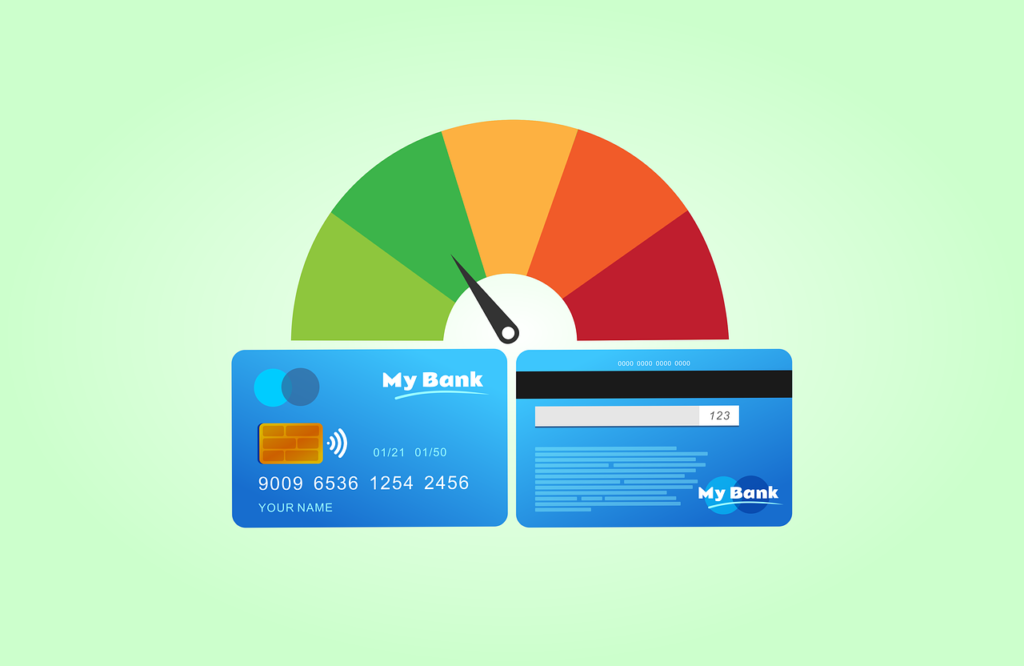
Essentially, credit scores (also known as a credit rating) is a number between 300 and 900 that shows lenders how good you are at borrowing money and paying it back. Along with a credit report, it’s a key piece of information that they’ll look at whenever you apply for a loan, credit card, a line of credit or a mortgage. The higher the number, the more successfully it says you’ve managed your credit, debit, and overall finances in the past – and the more likely you are to repay loans in the future. If your score registers near the higher end of the scale, you can enjoy advantages, such as access to better lending rates and more receptive responses to your applications. Lenders generally regard scores within the 660 – 900 range as good, very good or excellent.
Remember to check your credit score. A growing variety of online credit service sites, such as CreditKarma.ca or Borrowell.com, as well as many banks offer access to your credit score for free.
Following these tips can help you preserve and improve your credit score:
Missing even a single credit or bill payment entirely can decrease your credit score. If you’re in danger of missing a payment, making a partial or minimum payment is necessary to preserve your credit score. If you anticipate difficulty making a mortgage or loan payment, contact your credit provider to learn more about other possible payment options and assistance beforehand.
Developing an appetite for too much credit can impact your score, as can carrying an excessive balance. Ideally, you should pay off any credit balances in full each month to preserve your score and to avoid costly interest charges. If this is too challenging, consider setting up a pre-authorized monthly payment plan for some or all of your credit balances.
Using a variety of credit products can show lenders that you can handle multiple payments at once. Managing credit cards, a car loan and a student loan all at the same time may help boost your score. Ultimately, you want to demonstrate that you can pay back any money that you borrow.
Sending multiple credit applications can raise red flags for lenders. Limit how many times you apply to help steer your score away from taking a hit. If you’re approaching multiple lenders for quotes, try to get to them within a short time. The combined credit inquiries will appear as only a single request and reduce the damaging effect of too many inquiries.
Your credit score can be a powerful financial tool. Maintaining a strong score can ease the way forward to future funding that may help you achieve your goals.
This article is a general discussion of certain issues intended as general information only and should not be relied upon as legal advice. Please obtain independent professional advice, in the context of your particular circumstances. iA Private Wealth Inc. is a member of the Canadian Investor Protection Fund and the Investment Industry Regulatory Organization of Canada. iA Private Wealth is a trademark and business name under which iA Private Wealth Inc. operates.
We use cookies to improve your experience on our site. By using our site, you consent to cookies.
Manage your cookie preferences below:
Essential cookies enable basic functions and are necessary for the proper function of the website.
Statistics cookies collect information anonymously. This information helps us understand how visitors use our website.
Google Analytics is a powerful tool that tracks and analyzes website traffic for informed marketing decisions.
Service URL: policies.google.com (opens in a new window)
Marketing cookies are used to follow visitors to websites. The intention is to show ads that are relevant and engaging to the individual user.
Facebook Pixel is a web analytics service that tracks and reports website traffic.
Service URL: www.facebook.com (opens in a new window)